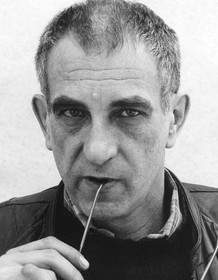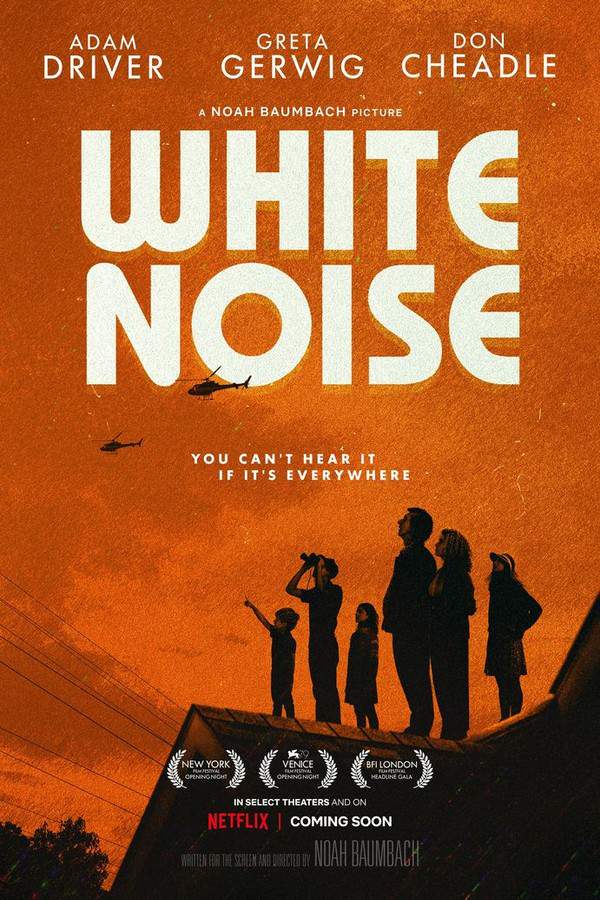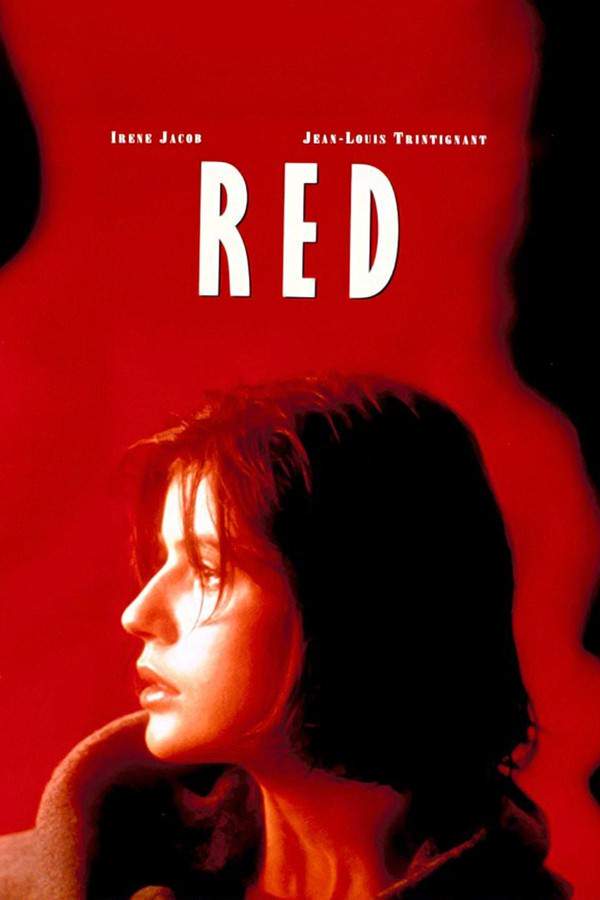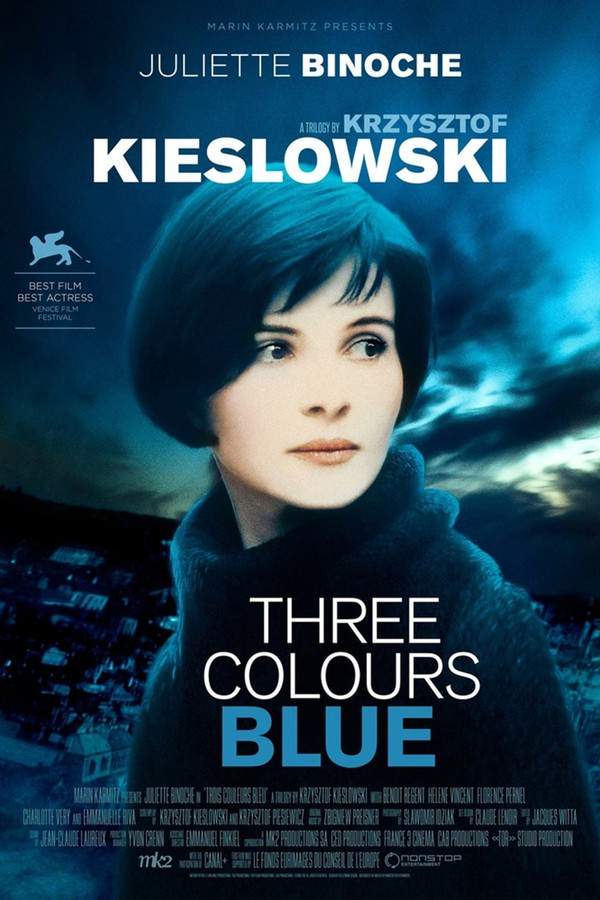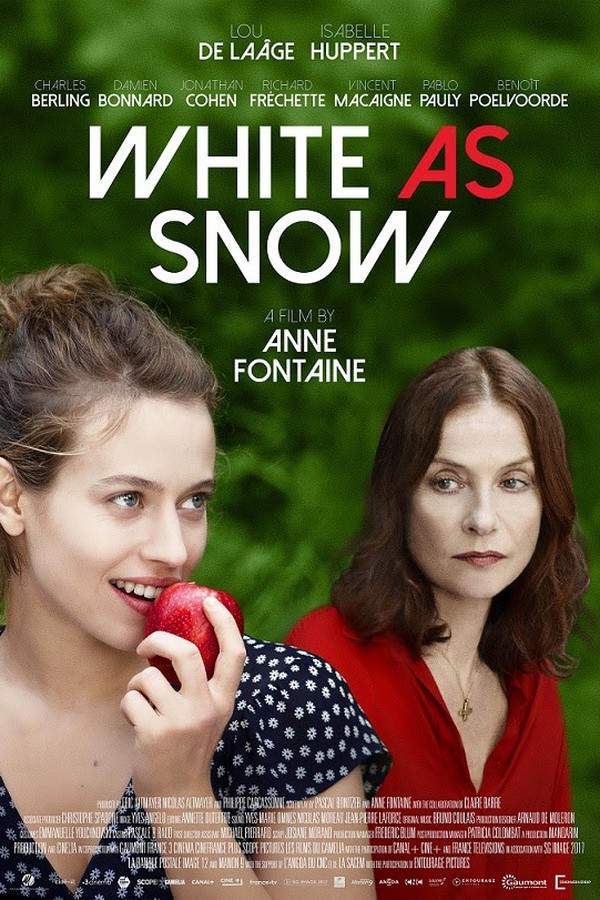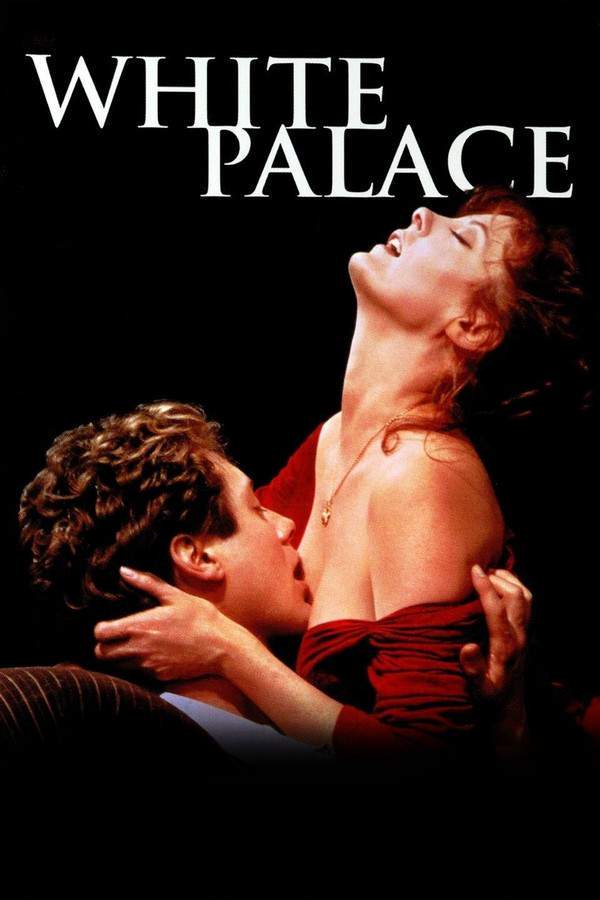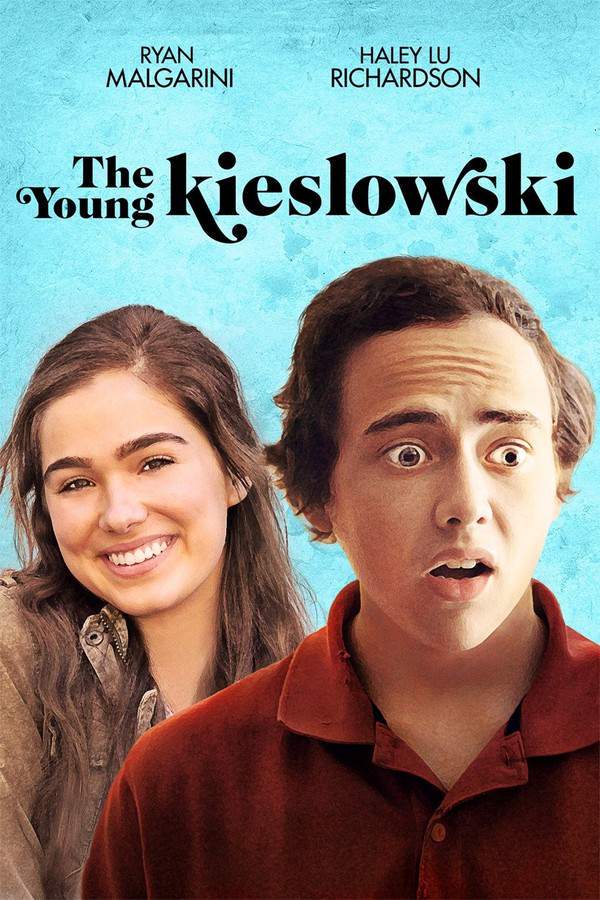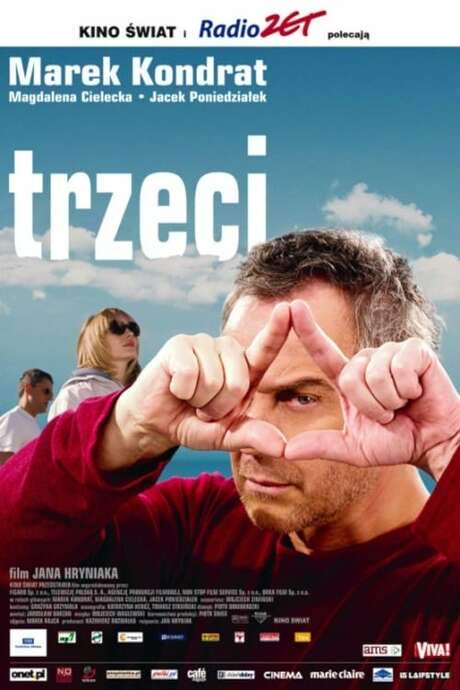Three Colors: White 1994
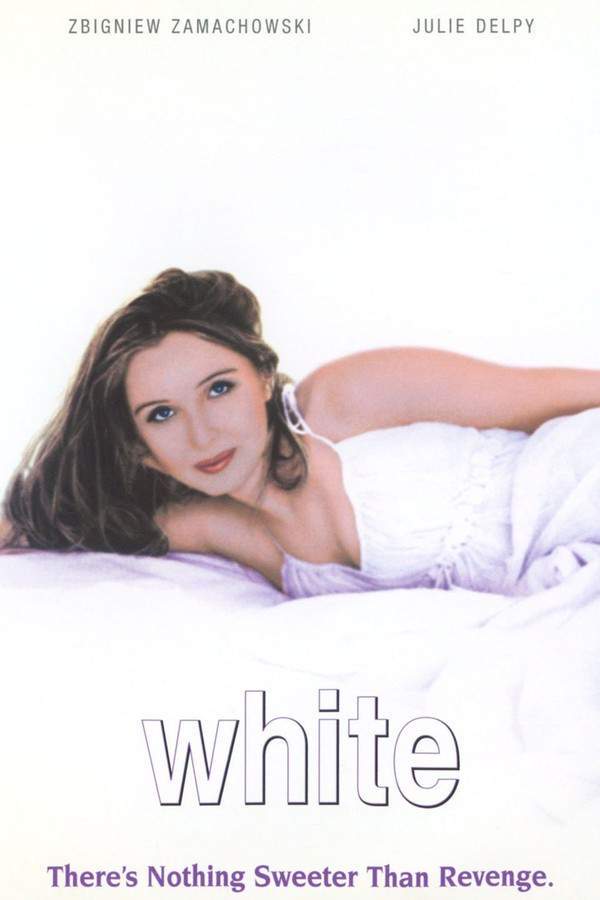
Following a painful divorce and false accusations, Karol Karol journeys from Paris to Warsaw, seeking retribution against his former wife. This darkly comedic film, part of Krzysztof Kieslowski’s Three Colors trilogy, explores themes of revenge, economic differences between Eastern and Western Europe, and the complexities of love and loss. Karol’s elaborate plan unfolds in a surprising and often humorous manner, revealing unexpected twists and turns along the way.
Does Three Colors: White have end credit scenes?
No!
Three Colors: White does not have end credit scenes. You can leave when the credits roll.
Meet the Full Cast and Actors of Three Colors: White
Explore the complete cast of Three Colors: White, including both lead and supporting actors. Learn who plays each character, discover their past roles and achievements, and find out what makes this ensemble cast stand out in the world of film and television.
External Links and Streaming Options
Discover where to watch Three Colors: White online, including streaming platforms, rental options, and official sources. Compare reviews, ratings, and in-depth movie information across sites like IMDb, TMDb, Wikipedia or Rotten Tomatoes.
Ratings and Reviews for Three Colors: White
See how Three Colors: White is rated across major platforms like IMDb, Metacritic, and TMDb. Compare audience scores and critic reviews to understand where Three Colors: White stands among top-rated movies in its genre.

91
Metascore
8.0
User Score


%
TOMATOMETER

0%
User Score

75
%
User Score
Take the Ultimate Three Colors: White Movie Quiz
Challenge your knowledge of Three Colors: White with this fun and interactive movie quiz. Test yourself on key plot points, iconic characters, hidden details, and memorable moments to see how well you really know the film.
Three Colors: White Quiz: Test your knowledge on the intricacies and plot twists of 'Three Colors: White'.
What was the reason for Karol and Dominique's divorce?
Financial difficulties
His inability to consummate their marriage
Her infidelity
Disagreements on life goals
His inability to consummate their marriage
Show hint
Full Plot Summary and Ending Explained for Three Colors: White
Read the complete plot summary of Three Colors: White, including all major events, twists, and the full ending explained in detail. Explore key characters, themes, hidden meanings, and everything you need to understand the story from beginning to end.
At a bustling Paris divorce court, Polish barber Karol Karol is desperately pleading with the judge through an interpreter. He learns that his wife, Dominique, no longer loves him because their marriage was never consummated. The judge grants the divorce, and Dominique coldly hands Karol a suitcase containing his belongings before driving away. Stripped of his bank account, passport, and ownership of the salon they ran together, Karol is left with nothing. He breaks into the salon to seek shelter, only to be discovered by Dominique the following morning. Despite their encounter leading to an attempt at intimacy, he again suffers from impotence. Dominique declares that her love for him has faded completely. In a fit of rage, she sets fire to the salon’s drapes and frames him for arson, forcing Karol to escape and live as a beggar.
While heartbroken, Karol takes to performing songs with a comb in the Paris Métro and meets fellow Pole Mikołaj. While Karol has lost everything, Mikołaj is married and successful; he proposes a job to Karol that involves killing someone who wishes to end their life but lacks the courage to do so. Karol declines the offer but decides to show Mikołaj Dominique through the window of her apartment. In a devastating twist, he sees her with another man. Overcome with emotion, he calls her from a phone booth, only to hear her in the throes of passion, leading him to a breakdown. In a twist of fate, Mikołaj helps Karol return to Poland discreetly hidden in a suitcase, which is later stolen by airport employees. Upon realizing his predicament, they savagely beat him and abandon him in a dump in the Polish countryside. Eventually, Karol finds his brother Jurek in Warsaw.
Karol soon resumes work at his brother’s hair salon and picks up additional employment as a bodyguard in a cash exchange office. While on the job, he uncovers his bosses’ underhanded scheme to acquire land at a low price for future development and resale. Creating a powerful leverage, Karol confronts his former bosses, stating that if they kill him, his estate will go to the church, effectively forcing them to buy land from him instead. Karol then seeks out Mikołaj and accepts the killing job he had previously refused. During their meeting in a dimly lit Warsaw Metro tunnel, Mikołaj reveals that he is the intended target, asking Karol to take his life. In a moment of moral reckoning, Karol shoots a blank into Mikołaj’s chest, questioning him if he truly wishes to go through with his decision, leading Mikołaj to rethink and genuinely thank Karol for helping him feel alive again. Mikołaj insists on paying him, claiming that he deserved it for his efforts.
As their relationship flourishes, Karol partners with Mikołaj, becoming ambitious and amassing wealth while mastering his French and grappling with the betrayal by Dominique. One fateful night, after awakening from a dream about her, he reaches out, but she hangs up. Consumed by a desire for revenge, he concocts a plan to give Dominique the majority of his fortune in his will. With the support of Mikołaj, Jurek, and his newfound financial muscle, he stages his own death to frame her for it. On the day of his faked funeral, Karol observes Dominique mourning from a distance. Later, he surprises her in her hotel room, pretending to reconcile before they share an intimate moment. He cleverly departs before she wakes up, only for her to be arrested by the local police under suspicion of having murdered him for his wealth.
In an emotional denouement, Karol visits a prison complex, watching Dominique through her cell window with binoculars. To his surprise, she communicates her desire to remarry him through sign language, stirring deep feelings within him and bringing him to tears.
Uncover the Details: Timeline, Characters, Themes, and Beyond!

Coming soon on iOS and Android
The Plot Explained Mobile App
From blockbusters to hidden gems — dive into movie stories anytime, anywhere. Save your favorites, discover plots faster, and never miss a twist again.
Sign up to be the first to know when we launch. Your email stays private — always.
Watch Trailers, Clips & Behind-the-Scenes for Three Colors: White
Watch official trailers, exclusive clips, cast interviews, and behind-the-scenes footage from Three Colors: White. Dive deeper into the making of the film, its standout moments, and key production insights.
Three Colors: White Themes and Keywords
Discover the central themes, ideas, and keywords that define the movie’s story, tone, and message. Analyze the film’s deeper meanings, genre influences, and recurring concepts.
Three Colors: White Other Names and Titles
Explore the various alternative titles, translations, and other names used for Three Colors: White across different regions and languages. Understand how the film is marketed and recognized worldwide.
Similar Movies To Three Colors: White You Should Know About
Browse a curated list of movies similar in genre, tone, characters, or story structure. Discover new titles like the one you're watching, perfect for fans of related plots, vibes, or cinematic styles.
Quick Links: Summary, Cast, Ratings, More

What's After the Movie?
Not sure whether to stay after the credits? Find out!
Explore Our Movie Platform
New Movie Releases (2026)
Famous Movie Actors
Top Film Production Studios
Movie Plot Summaries & Endings
Major Movie Awards & Winners
Best Concert Films & Music Documentaries
Movie Collections and Curated Lists
© 2026 What's After the Movie. All rights reserved.



